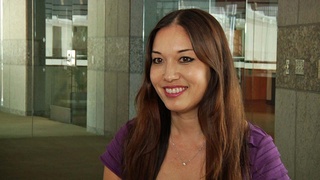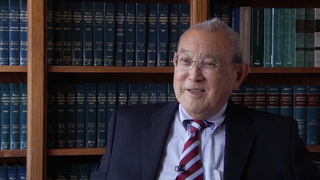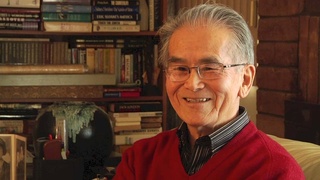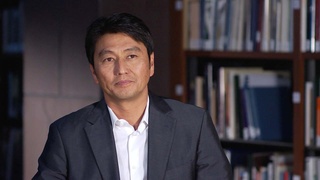Interviews
Brazilians with a Japanese identity
So I'm considered bilingual. I speak Japanese, so I guess everyone thinks I'm Japanese. What Japanese people find really strange is that when a phone call comes in or a Brazilian person comes in, I immediately switch to Portuguese. It's a really impressive way to switch.
As for my identity at that time, I was naturalized as a Brazilian at the age of 20. So I have been living as a Brazilian for 50 years. My Japanese citizenship was lost at that time. So, on my identity card I have Brazilian citizenship and a Brazilian passport. I have permanent residency in Japan, but I am a foreigner in Japan.
However, that is just on paper. When asked "What is your nationality?" I would answer Brazilian, but at the same time, I have a sense of identity as a Japanese person, or in some ways even more so than most Japanese people.
There are quite a few things that I think a Brazilian person wouldn't react to, but when I think about it, there are some things that are just normal for a Brazilian person speaking Portuguese.
Date: September 19, 2019
Location: California, US
Interviewer: Yoko Nishimura
Contributed by: Watase Media Arts Center, Japanese American National Museum









